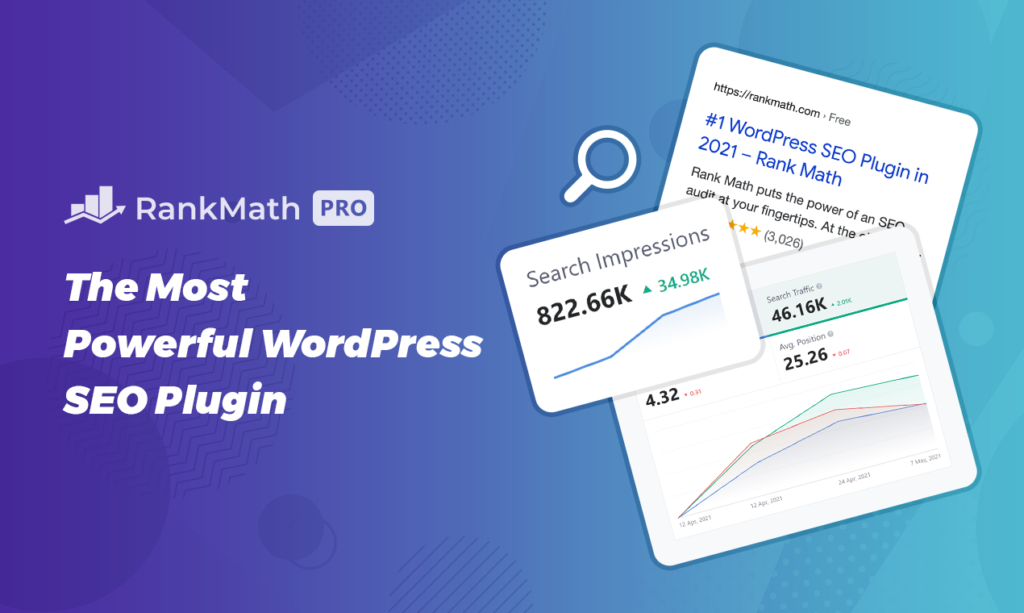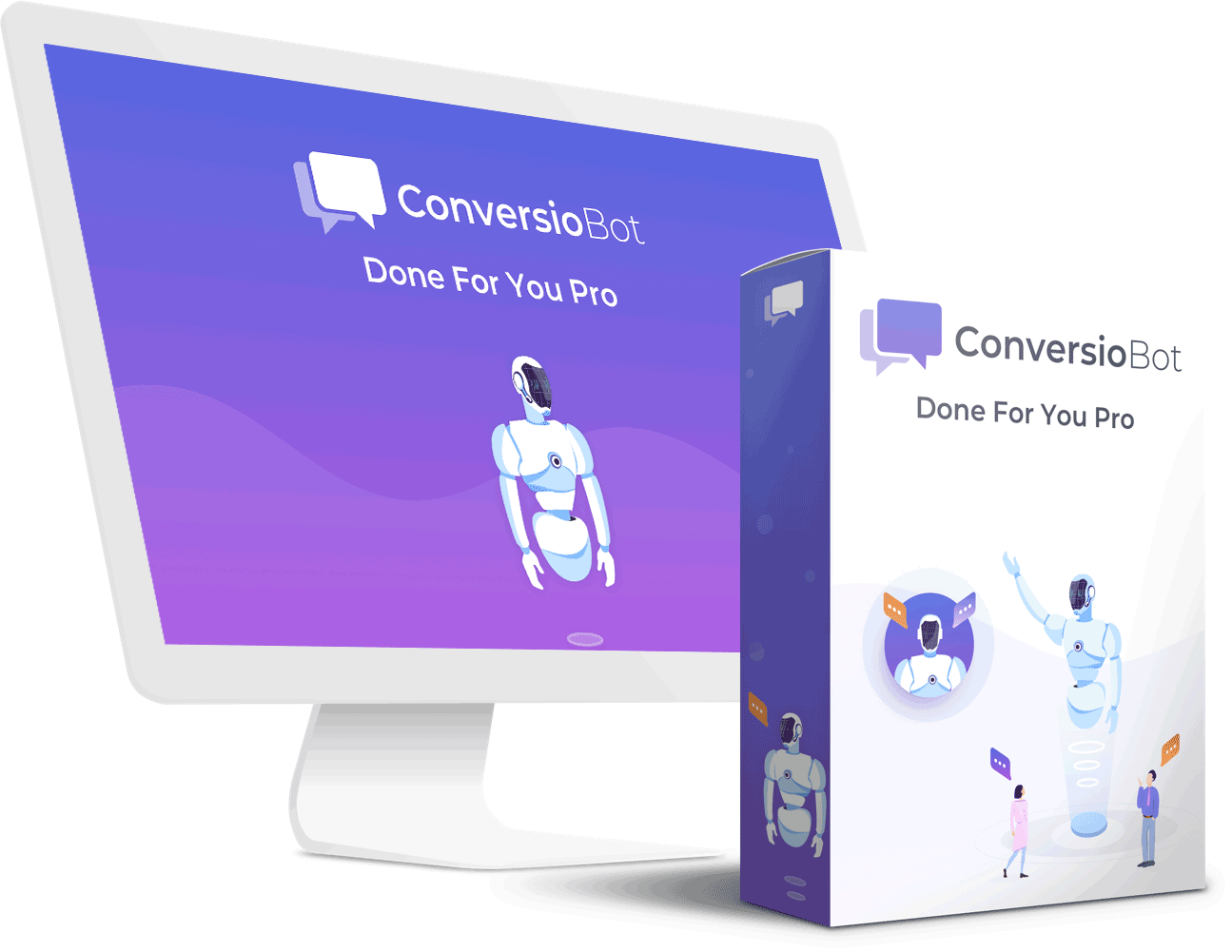Table of Contents
As job insecurity rises and as the advancements in AI continue to revolutionize the way we live and work, there is an increasing concern among tech workers about the future of their jobs. The rise of AI technology has led to a debate about whether it will replace humans in the workplace, leading to widespread panic about the future of job security. In this article, we will explore the impact of AI on tech workers and examine the employment trends, layoffs, and productivity accelerators that will shape the future of work for software engineers.
AI and Job Security for Tech Workers
AI is transforming many industries, including the tech industry, and the impact of AI on job security for tech workers is a hotly debated topic. Some experts predict that AI will create new job opportunities, while others warn that it will lead to massive job losses. The truth lies somewhere in between, and the impact of AI on job security will depend on several factors.

One of the biggest concerns for tech workers is the impact of AI on software engineering jobs. Software engineers are among the most in-demand professionals in the tech industry, and many fear that AI will replace them. However, experts argue that AI will not replace software engineers but will instead augment their work. AI will help software engineers to automate routine tasks, enabling them to focus on more complex and creative work.
The Blind Networking Site
Blind is an anonymous networking site where tech workers can discuss their concerns and share their experiences. Blind has become a popular platform for tech workers to discuss the impact of AI on their jobs. The site requires users to verify their employee email addresses and has strict guidelines to ensure the anonymity of its users.

Blind has been instrumental in highlighting the concerns of tech workers about AI and job security. Software engineers have written dozens of posts on the site, from polls on when AI will replace them to admissions that the “golden age is over.” These posts have generated hundreds of replies, with many users expressing anxiety about the future of their jobs.
Employment Trends and Layoffs
The impact of AI on job security for tech workers is not limited to software engineering jobs. AI is transforming many industries, and some jobs will inevitably become obsolete. The tech industry is no exception, and many tech workers have already been impacted by massive layoffs.
In recent years, tech companies have laid off thousands of workers as they restructure their businesses to take advantage of AI technology. Vox reported that software engineers have been hit the hardest by the cuts, challenging the narrative that there is job security in learning to code. The layoffs have left many tech workers questioning whether their high salaries are here to stay.

Click to know more about the above product from a Chatbot
AI Advancements and Automation
AI advancements like ChatGPT have already begun to threaten the job security of software developers. ChatGPT is an AI language model developed by OpenAI that can generate human-like text. The model has the potential to automate many tasks currently performed by software developers, such as writing code and creating documentation.
However, some experts argue that AI will be a productivity accelerator rather than a job killer. AI will help tech workers to automate routine tasks, freeing them up to focus on more complex and creative work. AI will also create new job opportunities, such as AI trainers and AI ethicists.
The Future of Job Security for Tech Workers
The future of job security for tech workers will depend on how well they adapt to the changes brought about by AI. Tech workers will need to acquire new skills and learn to work alongside AI technology. They will also need to be flexible and adaptable to the changing demands of the tech industry.
Employers will also play a critical role in ensuring the future job security of tech workers. Employers will need to invest in training and development programs to help their employees acquire new skills and stay relevant in the age of AI. They
Automation and AI: Productivity Accelerator for Tech Workers
The emergence of Artificial Intelligence (AI) and automation has been a game-changer for various industries. However, for tech workers, it has led to some anxiety about their job security. There is growing concern that AI will replace software engineers, resulting in massive layoffs and a decrease in employment opportunities.
The Blind networking site has become a platform for software engineers to discuss their fears about the impact of AI and automation on their jobs. They have raised questions about the possibility of AI making their jobs obsolete and whether the “golden age” of software engineering is over.
AI has been a buzzword for quite some time, and with good reason. AI advancements like ChatGPT have already begun to threaten the job security of software developers. Stability AI CEO Emad Mostaque has even predicted that there will be “no programmers in five years.” But is this fear justified, or is AI more of a productivity accelerator than a job killer?
The Impact of AI on Job Security
The anxiety among tech workers is not unfounded. Tech companies are betting big on the future of AI, and this has led to some job losses. Earlier this year, Vox reported that software engineers have been hit the hardest by layoffs, challenging the narrative that learning to code offers job security.
However, it’s worth noting that AI is still in its early stages of development. While it may replace some jobs, it will also create new ones. According to a report by the World Economic Forum, AI is projected to create 58 million new jobs by 2022. It’s also worth noting that AI has the potential to transform the way we work, making us more efficient and productive.
The Role of AI as a Productivity Accelerator
AI is not just a threat to job security; it’s also a productivity accelerator. AI can perform tasks faster and more accurately than humans, freeing up time for software engineers to focus on more complex and creative tasks.
For example, AI can automate repetitive and time-consuming tasks like debugging, testing, and data entry. This can help software engineers save time and reduce errors, leading to better quality code. AI can also analyze data more quickly and accurately than humans, providing insights that can inform decision-making and improve software engineering processes.
AI can also help software engineers to collaborate more effectively. For example, AI-powered chatbots can facilitate communication between team members, improving workflow and reducing miscommunication. AI can also provide real-time feedback on code quality, helping software engineers to catch errors before they become significant issues.
It’s clear that AI has the potential to revolutionize the software engineering industry. However, this does not mean that software engineers are obsolete. AI is a tool that software engineers can use to improve their productivity and efficiency.
Software engineers will still be needed to design and develop AI systems, as well as to maintain and upgrade them. They will also be needed to oversee and manage the implementation of AI systems and to ensure that they are aligned with business objectives.
In other words, AI is not a replacement for software engineers but rather a complementary tool that can help them to do their jobs better. As AI becomes more prevalent, software engineers will need to adapt their skills to keep pace with the changing technological landscape.
Conclusion
The prospect of AI replacing jobs can be alarming, but it’s important to recognize that AI is still in its early stages and has limitations. While some software engineering tasks may become automated, there will still be a need for human expertise in many areas. Additionally, the rapid pace of technological advancement means that new job opportunities may emerge in unexpected areas.
For tech workers, it’s essential to stay up-to-date with the latest AI developments and adapt accordingly. This may mean acquiring new skills or transitioning to a different career path. It’s also important for companies to invest in reskilling and upskilling their employees to ensure a smooth transition to the AI-powered future.
Overall, while there may be some uncertainty around the impact of AI on employment, there are steps that can be taken to mitigate potential negative effects and harness the power of AI to enhance productivity and innovation. By staying informed and adaptable, tech workers can prepare themselves for the future of work in the age of AI.
Readers might find this article interesting as well: https://techhorizoncity.com/mock-interviews-with-openai/

